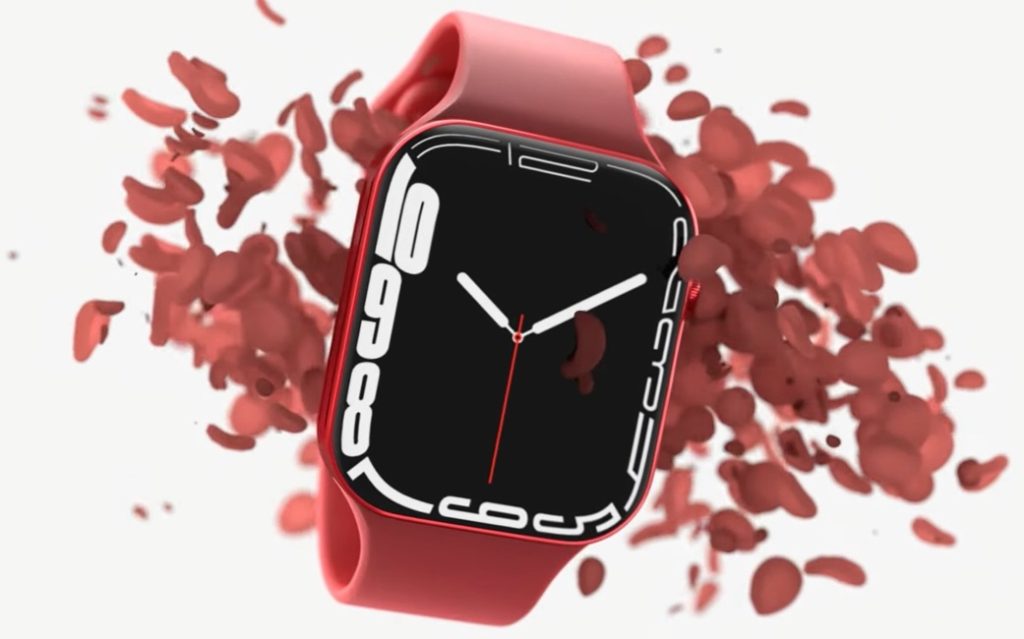Smartwatch technology is rapidly evolving. Once used only for notifications and calls, these devices are now improving our quality of life with their health tracking capabilities. These products can track sleep, heart rate, stress, blood pressure, blood oxygen, and even perform ECG and blood pressure measurements. All of this provides unique data that can inform you about your overall health. In some cases, this information can even save your life. Awoman named Judith Luebke experienced exactly this. Her life was saved thanks to the Apple Watch. Here are the details…
A woman from Oklahoma got her life saved by Apple Watch after an AFib alert
Health is something many of us neglect. We often don’t pay enough attention to minor issues and avoid seeing a doctor unless it’s an emergency. Judith Luebke from Oklahoma was no different until she was diagnosed with diabetes and her life was saved, all thanks to her Apple Watch.

Luebke, a longtime Apple Watch user, received a notification one Friday morning at home indicating a risk of AFib (atrial fibrillation – irregular heart rhythm, also known as arrhythmia). The young woman had recently lost a loved one and was in a state of grief.
Assuming that the notification was related to her emotional distress, she ignored it and continued with her daily life. Also, having a busy work schedule, she dismissed the idea of going to the doctor. Fortunately, during a conversation, she shared her situation with a friend who convinced her to see a doctor instead of ignoring the warning. It turned out to be the right decision.
After visiting the hospital, Luebke learned that she was diabetic, and her blood sugar levels were critically high. Reflecting on the situation, she said, “If I had waited until the weekend, I probably wouldn’t have survived. If I hadn’t received the notification on my watch, that would have been the end.”
Luebke’s story is an example of how even simple technology like the Apple Watch can play a crucial role in early detection of health issues and saving lives. Moreover, this is not an isolated case, as there are probably tens of thousands of similar stories worldwide. The only question left is how much further this technology will advance.
RELATED:
- Giztop’s Christmas Holiday Savings: Unwrap Joy with Exclusive Discount
- Best iPhone 15 Pro cases for 2023: Dbrand, Spigen, RhinoShield & More
- Alldocube iWork GT 12: AMD 2-in-1 laptop, $100 off and free keyboard
- Lenovo Legion Y700 2023: Save $100 on this 8-inch gaming Android tablet







